Delegates proposed to add regulations that the court has the authority to review the legality of acts and decisions on applying measures to handle evidence and assets of investigation agencies.

Discussing in groups about the draft Resolution on piloting the handling of evidence and assets during the investigation, prosecution and trial of a number of criminal cases and cases, on October 30, delegates said that in the process of handling reports and denunciations of crimes, initiating prosecution, investigating, prosecuting and trying criminal cases, in addition to clarifying the case, the offender and the criminal act, it is necessary to add the measure of "confiscation and destruction" in handling evidence; at the same time, be public, transparent and fight against negativity in the handling of evidence and assets.
Proposal to add "confiscation and destruction" measures in handling evidence
The current practice of resolving criminal cases shows that there is still a situation where many pieces of evidence and assets have not been thoroughly handled, including many pieces of evidence and assets in different stages of proceedings that have not been handled for a long time, causing loss, damage, and costly preservation.
The current Criminal Procedure Law does not have any regulations on handling evidence and assets such as money, real estate, assets attached to land, valuable papers, etc.; there are no direct regulations on applying the measure of "temporarily suspending transactions; temporarily suspending registration, transfer of ownership, use, and change of current status of assets" to ensure the application of handling measures, leading to difficulties in handling evidence and assets in practice.
Therefore, according to the delegates, the issuance of the draft "Pilot Resolution on handling evidence and assets during the investigation, prosecution and trial of a number of criminal cases" is necessary. This will be a legal basis to resolve difficulties and obstacles in the past time. At the same time, it will protect the legitimate rights and interests of the parties and related people; avoid loss and damage to assets, causing negative impacts on the political situation, production and business; causing waste and damage to assets of the State, organizations and individuals.
Giving specific opinions on measures to handle evidence and assets, delegate Nguyen Van Thuan ( Can Tho ) stated that the draft Resolution provides 5 measures to handle evidence and assets. However, in practice, during the investigation, prosecution, and trial of cases, there are evidence and assets that need to be confiscated or destroyed immediately, such as disease-causing bacteria and chemicals that pollute the environment. Therefore, the delegate proposed to add to the draft Resolution the measure to handle evidence by "confiscation and destruction."
Sharing the same view, delegate Tran Thi Thu Phuoc (Kon Tum) analyzed that evidence and assets related to criminal cases often have complex origins and nature. In the past, there were a number of cases where evidence had "proved the crime" and was no longer of practical value, but could not be "destroyed" because it was necessary to wait for all stages of the case to be completed, causing a huge waste of budget and resources. Therefore, the delegate proposed adding the "confiscation and destruction" mechanism in the draft Resolution. This is also one of the 6 mechanisms for handling evidence and assets that have been seized, temporarily detained, attached, and frozen, which the Politburo has allowed to be piloted in the Project on handling evidence. Handling evidence and assets in a timely manner helps avoid the situation of keeping them for too long, causing a waste of budget and management resources.
Publicity, transparency, and anti-negativity in the handling of evidence and assets
Delegate Luong Van Hung (Quang Ngai) analyzed that, according to current regulations, during the process of resolving a case, evidence and assets that are seized, temporarily detained, or blocked cannot be circulated to serve daily life and economic activities and can only be returned in certain cases.
The delegates said that the draft Resolution has provided more flexibility, so that when evidence and assets are handled early, the victims can receive compensation sooner without having to wait for a court verdict or decision. This contributes to ensuring the legitimate rights and interests of the victims and related people.
However, the draft provision "Measures to handle evidence and assets are applied throughout the process of handling information about crimes, prosecution, investigation, prosecution, and trial, and must have the consensus of the prosecution agencies before making a decision" at Point b, Clause 7, Article 3 of the draft Resolution "is contrary to the principle of independent adjudication of the court as recorded in the Constitution and the Criminal Procedure Code."
Also according to delegate Luong Van Hung, according to the provisions of the draft, during the trial, the court's application and decision on handling of evidence and assets must have agreement with the investigation agency and the prosecutor's office, which is inappropriate, while the trial panel must be responsible for its judgment and it must be recorded in the court's judgment and decision.

To ensure the principles of publicity, transparency, power control, prevention and fight against corruption and negativity in the handling of evidence and assets, while ensuring the legitimate rights and interests of property owners, delegates proposed to supplement regulations that the competent court shall consider the legality of acts and decisions on the application of measures to handle evidence and assets of investigation agencies and procuracies during the investigation and prosecution process.
This provision aims to ensure the principle that the people's court is the judicial body of the Socialist Republic of Vietnam, exercising judicial power and the people's court has the duty to protect justice, protect human rights, citizens' rights, protect the socialist regime, protect the interests of the State, and the legitimate rights and interests of organizations and individuals./.
Source





![[Photo] Dan Mountain Ginseng, a precious gift from nature to Kinh Bac land](/_next/image?url=https%3A%2F%2Fvphoto.vietnam.vn%2Fthumb%2F1200x675%2Fvietnam%2Fresource%2FIMAGE%2F2025%2F11%2F30%2F1764493588163_ndo_br_anh-longform-jpg.webp&w=3840&q=75)


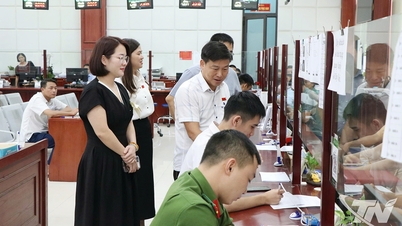

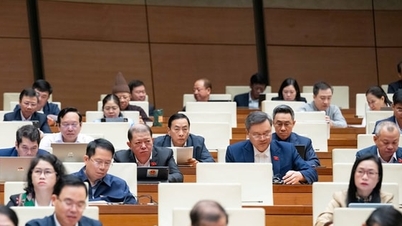



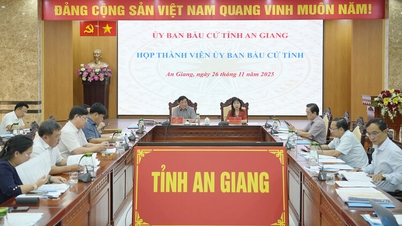

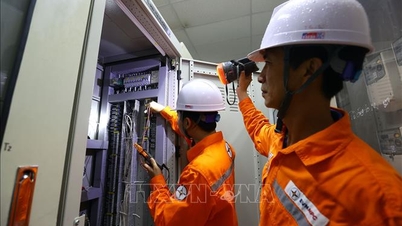






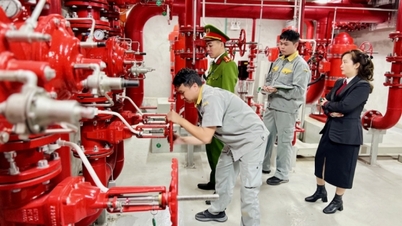

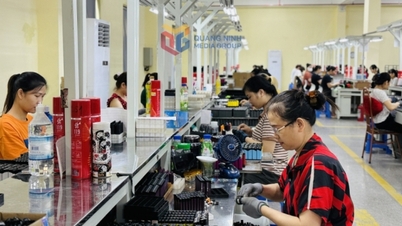





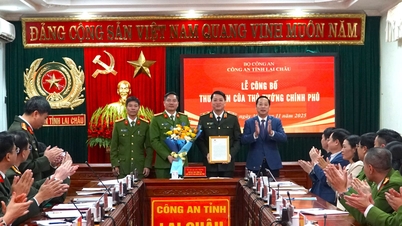




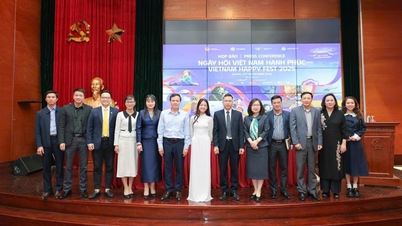

































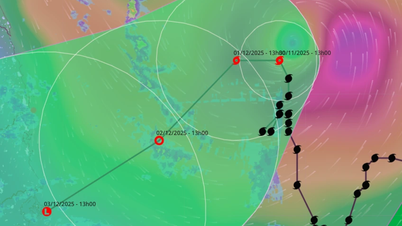


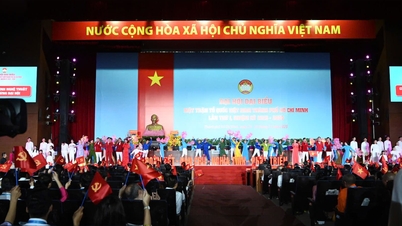




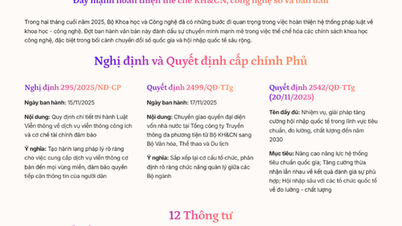

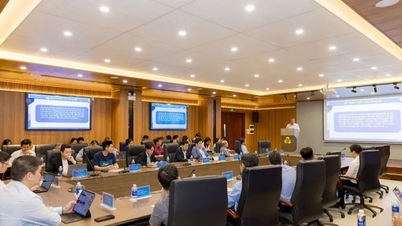
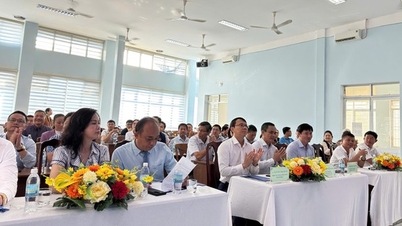
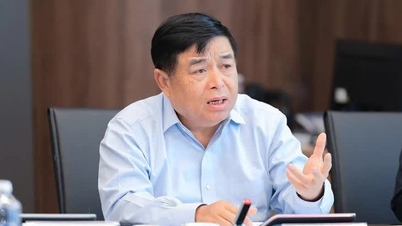

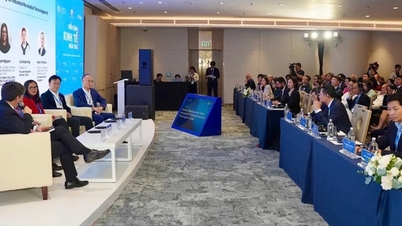


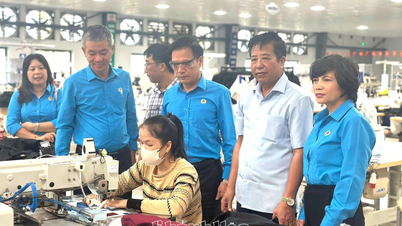

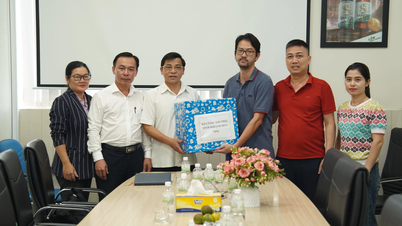
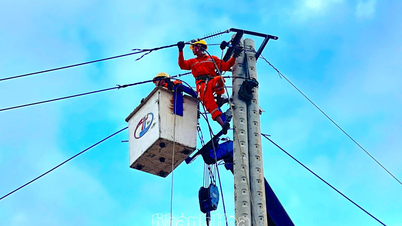














Comment (0)